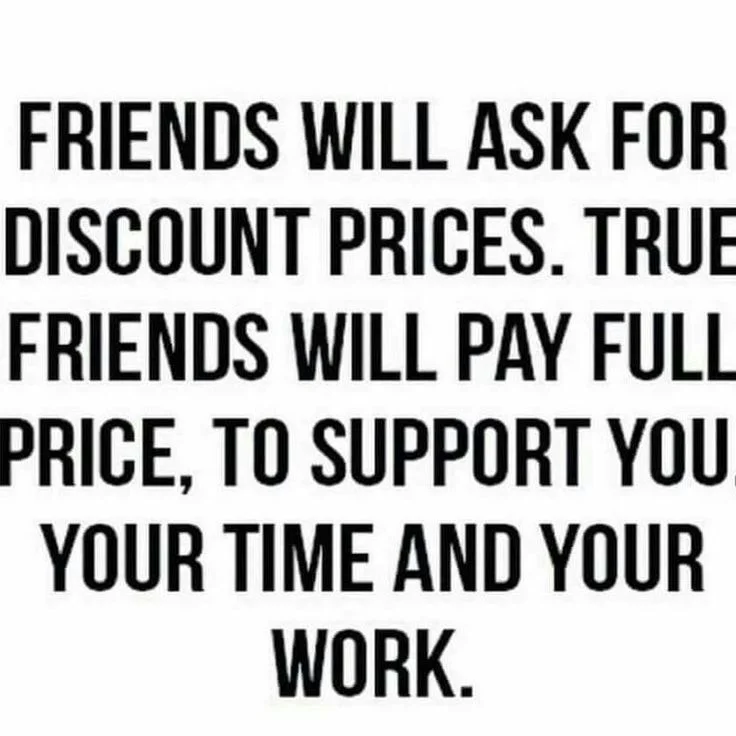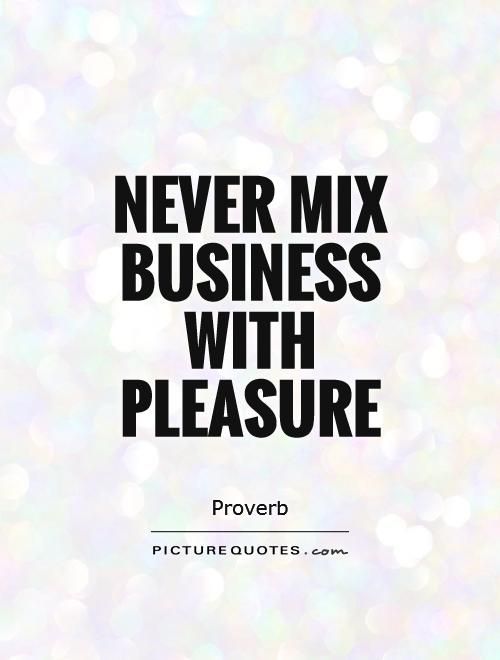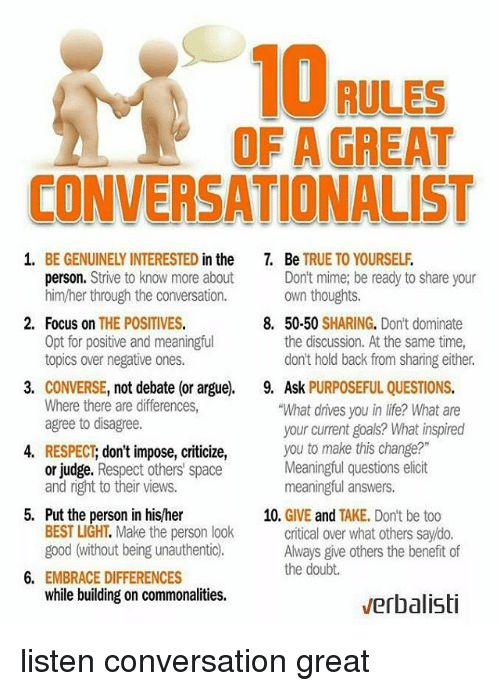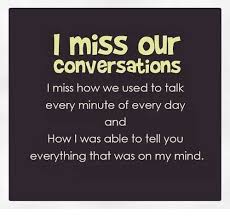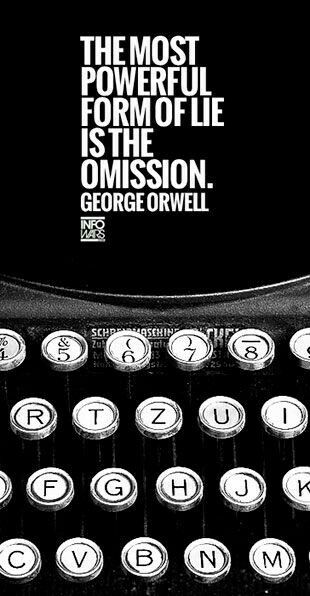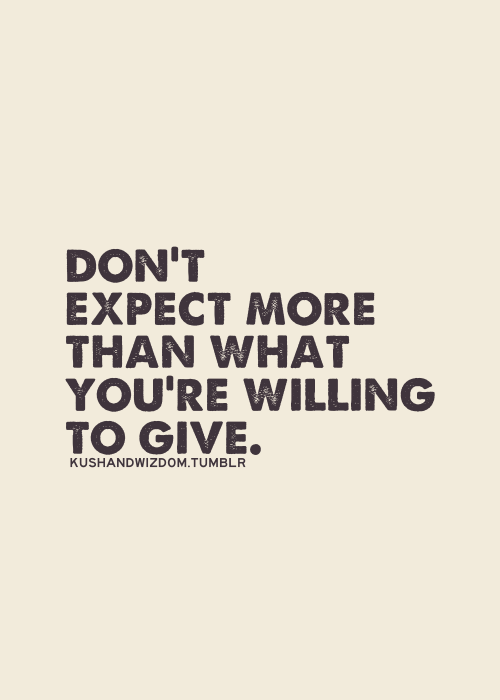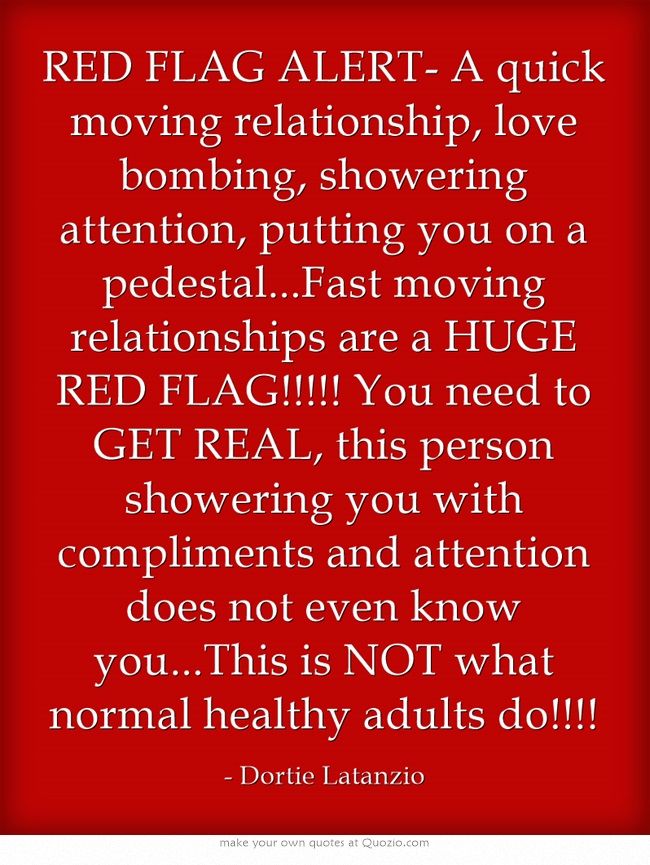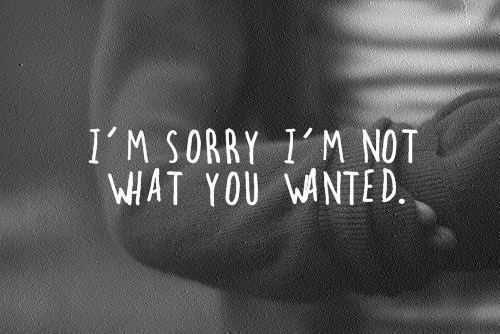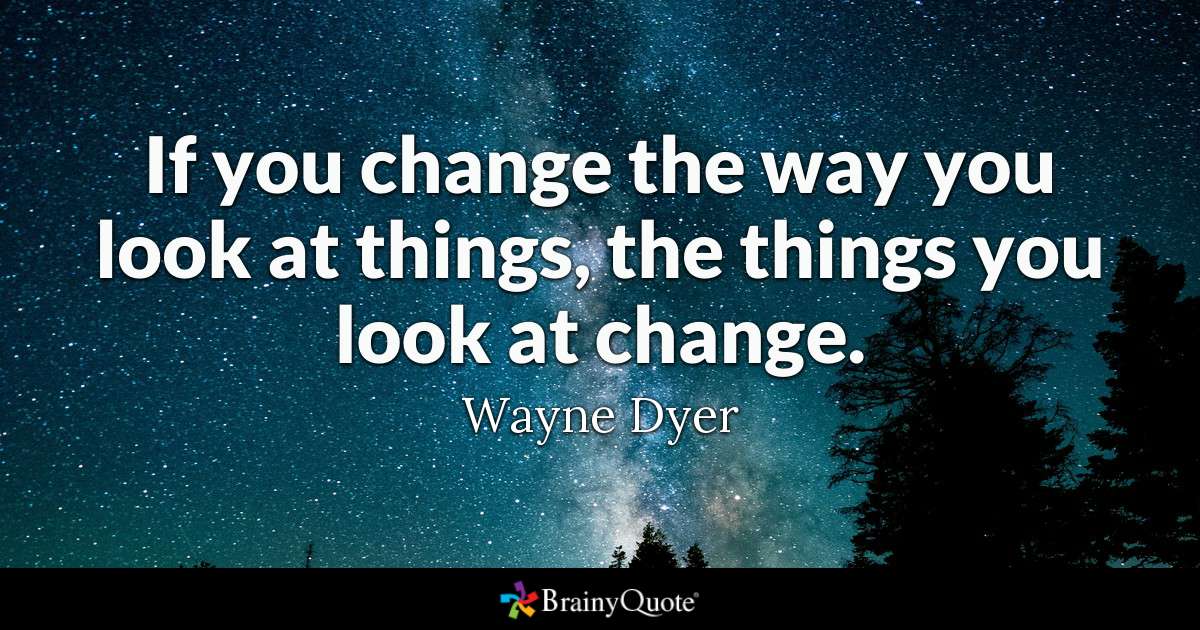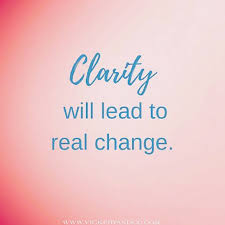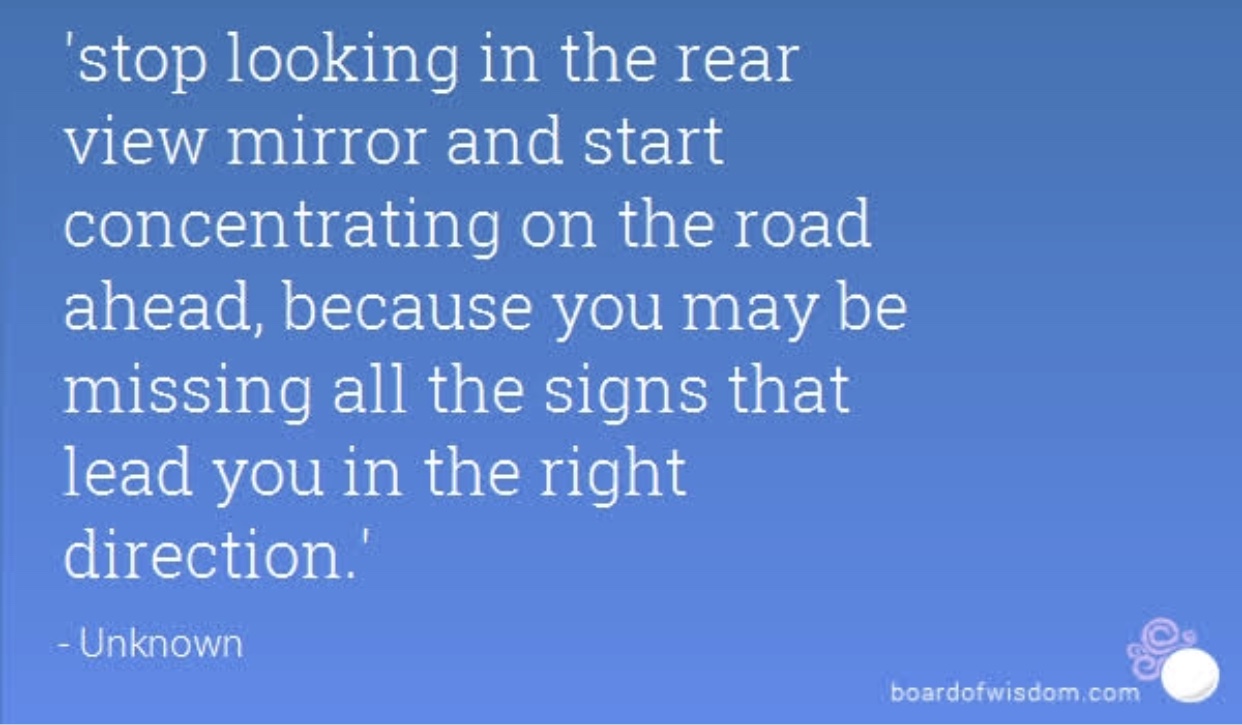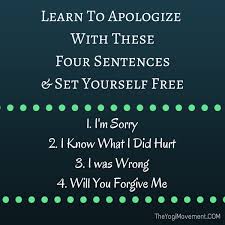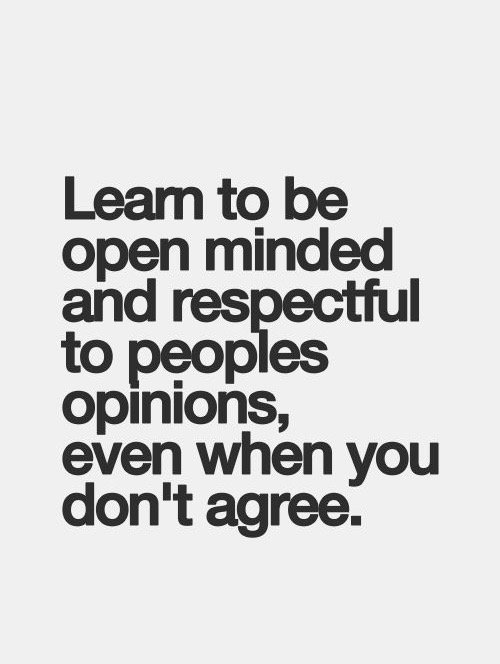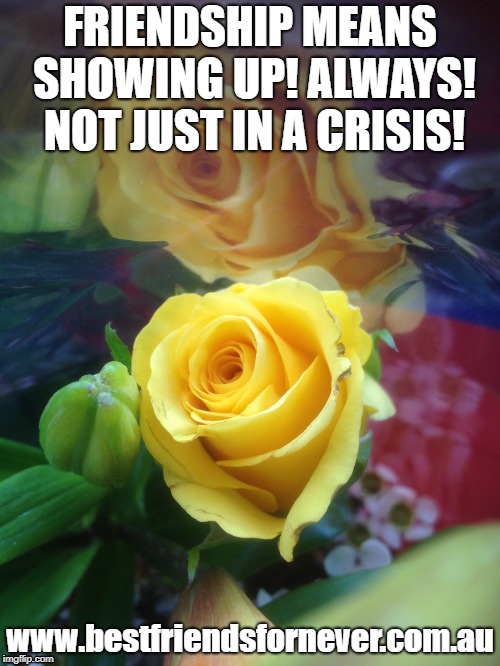We’ve all heard the expressions pertaining to the fact that friendships and businesses should be separate, and mixing them is like trying to mix oil and water…. Yet so many of us find ourselves trying to mix them anyway.
It would seem like the natural conclusion for example, if you always get your nails done, that you would start seeing your friend if she happened to start her own nail salon, wouldn’t it? You would want to be supportive, and probably hope she would offer you a better price in return for your support, loyalty and word of mouth. Similarly, if you were starting your own business doing nails, and you knew your close friend always got her nails done, you would probably be hoping she’d be one of your first customers.
If everyone’s intentions are good, then why are we advised against this kind of transactional support? Because good intentions can only take you so far, can’t they. Say the first time she does your nails, you aren’t too happy, but you don’t want to hurt her feelings. She’s newly qualified and you are one of her first paying customers. You rationalize that she will improve with more experience, so you pretend to love them. Only a few months down the track, you still aren’t happy with her work. You don’t really know how to broach the issue.
The next month a nail falls off, and several nails are chipped, so you finally decide you have to say something. You message her to say unfortunately a nail fell off and some are chipped, but if she is too busy to fix it you are happy to go elsewhere to have the nails redone. You hope she will be too busy. She isn’t. She tells you to come back the next day and she redoes the nails. Then she charges you for a full new set. You don’t want to pay. You want to tell her as it was her mistake she should fix it for free! However you’re worried about the impact this would have on your friendship if you say anything.
You either decide not to say anything, but to take your business elsewhere in future, or you decide to tell her you’re not happy and she is hurt and angry. Neither is good news for your friendship. You start to understand why they say not to mix business with pleasure. Even if you cancel your next nail appointment with good reason and make an excuse not to schedule the next one, surely she is going to notice you have had your nails done elsewhere?
If you find yourself in this predicament, what should you do? Ok, if you are the business owner, firstly, don’t ask or expect your friends to bring business to you, and be cautious before you accept their business. In relation to services, keep in mind they are a client, not a friend. Do not take criticism personally. If they are unhappy with your service, treat them in the same manner as any paying customer, correct the issue if you can and cover the costs as you usually would. Do not offer services for a price that doesn’t cover your expenses, and do not slack off on the job because it is a friend or they are paying less. Always tell them you will understand if they get a better offer and decide to take their services elsewhere, but you would appreciate their support in gaining more business if possible. Remember, you earn business, you don’t demand or expect it. Your friends don’t owe you.
If you are the customer, tell your friend immediately if you are unsatisfied. The first time. You can be tactful and explain you have been going to get your nails done, for example, at the same place for a few years and really like the way they specifically do it, and you hope she will understand but you think you’ll keep going to them instead. Be gracious and kind, saying you appreciate her effort and wish her all the best and you hope it will not affect your friendship. You may even quote the oil and water thing and point out that your friendship is more important. If you have already been going for a while, or you feel the honesty ship has sailed without you because you were not honest the first time, be clear about what you want need and expect. Tell her that you’re not finding her methods effective for whatever reason, she may actually value the feedback and change her products or methods.
Your only other option is to take your business elsewhere and not say anything about it, and hope she does the same, even if she does notice. After all, you don’t owe her your business, nor an explanation really. Both parties need to keep this in mind!
Of course, this doesn’t always happen. Maybe you will use her service, be perfectly happy with it, get a good price and it may never be an issue. If it is mutually beneficial it may be worth the risk…. Only you can decide that, and time will tell….
❤ Love
Your best Friend ForNever
xx


